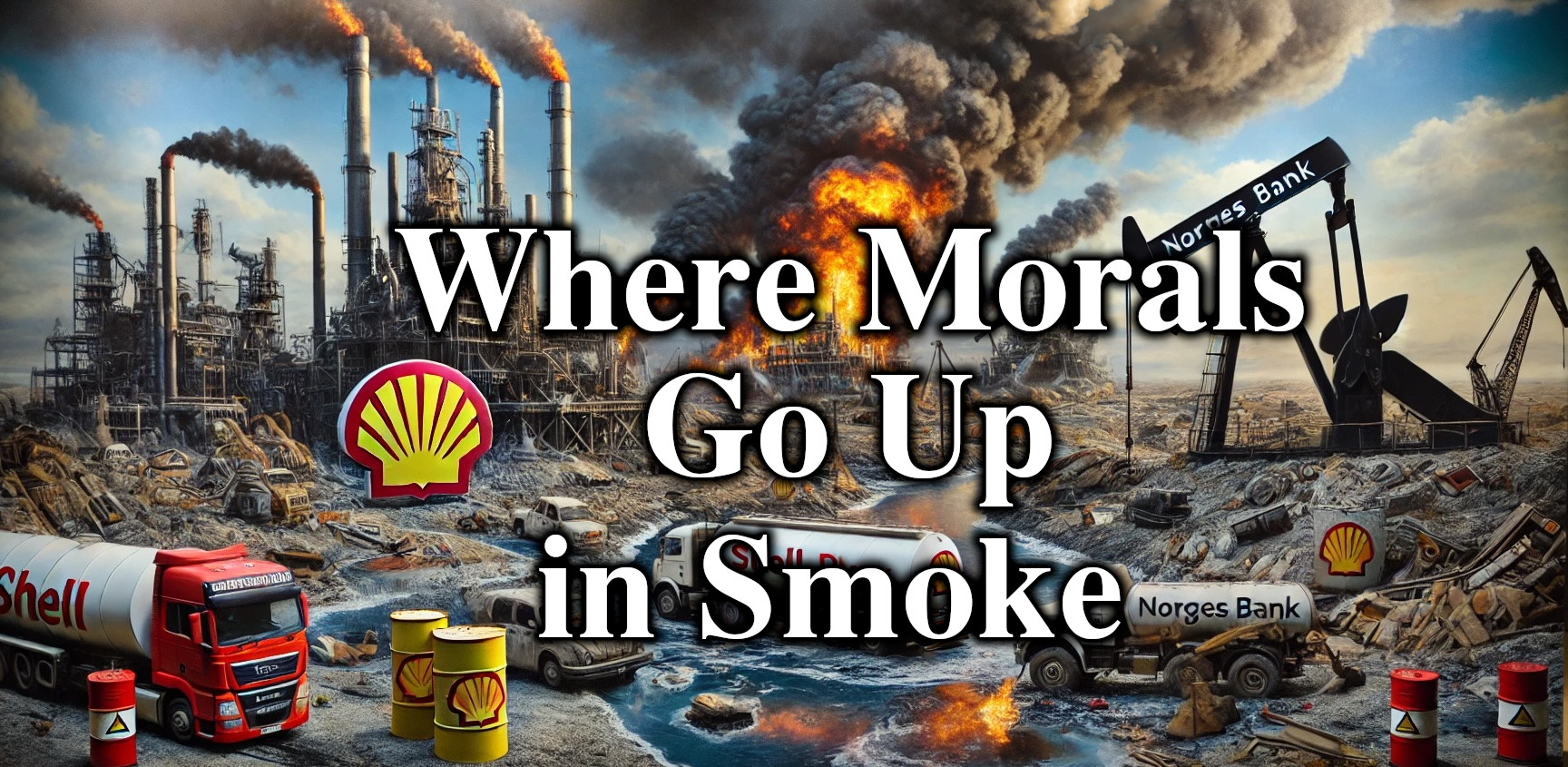Interactive Investor
Oil heavyweight Shell (RDSB) has come under attack from a hoard of investors demanding greater clarification surrounding its investment in Canada’s controversial tar sands.
The Anglo-Dutch group has been called upon to include a special review of the risks associated with its Alberta oil sands operations in its upcoming May annual general meeting, after mounting pressure from a coalition of investors.
Up to 142 investors, including Co-Operative Asset Management and UNISON Staff Pension Scheme, have teamed up with responsible investment organisation FairPensions, to demand Shell addresses its concerns.
The FTSE 100 major will face a barrage of questions regarding environmental and human rights problems, and will be asked to justify the financial wisdom behind the investment. At present, tar sands account for less than 2.5% of the group’s total oil and gas production but have proved a costly investment.
Earlier this year, chief executive Peter Voser was forced to defend his tar sands investment after it was revealed that they lost the company $42 million within the first three months of the year. Shell has always insisted that its decision to enter the area is driven by the need to find new sources of oil and Voser maintained that it took a long-term view on the projects, spanning 30-40 years and was unaffected by short-term volatility.
However, Niall O’Shea, head of responsible investing at the Co-Operative Asset Management, believes Voser has not provided sufficient answers to his army of investors. “Given Shell’s level of commitment to oil sands there is a greater obligation to shareholders to reassure how it would cope under a number of scenarios.”
O’Shea lists the cost of carbon capture and storage, sustained high oil prices and the cost of cleaning up the locality as questions Shell must answer and urges the group to be “more rigorous and transparent with their investors”.
Shell has been one of the first companies to embark on developing oil reserves in the region, along with fellow heavyweights BP (BP-) and Total.
FairPensions argues that tar sands cause more climate change damage than that of conventional oil due to the much higher degree of greenhouse gas emissions emitted. While Canada is already on course to miss its Kyoto protocol targets, the expansion of oil sands could make “all but impossible any efforts to cut emissions on 1990 levels”.
FairPensions chief executive Catherine Howarth commented: “All are united in registering concern with the risks involved in Canadian oil sands, and this reflects rising public concern not just with oil sands but with companies’ impact on climate change. We expect that Shell’s 2010 AGM could prove a watershed in the history of corporate accountability.”
Shell played down the furore, pointing out that the coalition of investors campaigning for the resolution, accounts for just 0.15% of its total outstanding shares.
Lawrence Poole, North American analyst at IHS Global Insight, said: “Concerning the investor backlash, the most important point to make is that it appears to be limited in both scope and scale. Quite simply, for Shell, Canada’s tar sands are about two things, namely access to resource and supply diversification. But some shareholders are worried about the risks associated with important and valid issues like emerging carbon reduction policy, environmental impact and cleanup costs, and so-on.
“It is the continued uncertainty over these unanswered questions, rather than the principle of tar sands investment in the first place, that I think is driving some investors to be vocal about risk.
“Risk assessment is important, especially in the context of sustainable and responsible investment, but at the end of the day, it’s hard to argue with at 200 billion barrels of bitumen reserves lying in close proximity to the world’s largest oil consuming market.”
However, executive director of Greenpeace UK, John Sauven, warned that the “exploitation of the tar sands if an environmental scandal on a massive scale and is set to become a campaign battleground for years to come.”
Shell’s share price was up 0.4% to 1,787p.
This website and sisters royaldutchshellgroup.com, shellnazihistory.com, royaldutchshell.website, johndonovan.website, and shellnews.net, are owned by John Donovan. There is also a Wikipedia segment.

 EBOOK TITLE: “SIR HENRI DETERDING AND THE NAZI HISTORY OF ROYAL DUTCH SHELL” – AVAILABLE ON AMAZON
EBOOK TITLE: “SIR HENRI DETERDING AND THE NAZI HISTORY OF ROYAL DUTCH SHELL” – AVAILABLE ON AMAZON EBOOK TITLE: “JOHN DONOVAN, SHELL’S NIGHTMARE: MY EPIC FEUD WITH THE UNSCRUPULOUS OIL GIANT ROYAL DUTCH SHELL” – AVAILABLE ON AMAZON.
EBOOK TITLE: “JOHN DONOVAN, SHELL’S NIGHTMARE: MY EPIC FEUD WITH THE UNSCRUPULOUS OIL GIANT ROYAL DUTCH SHELL” – AVAILABLE ON AMAZON. EBOOK TITLE: “TOXIC FACTS ABOUT SHELL REMOVED FROM WIKIPEDIA: HOW SHELL BECAME THE MOST HATED BRAND IN THE WORLD” – AVAILABLE ON AMAZON.
EBOOK TITLE: “TOXIC FACTS ABOUT SHELL REMOVED FROM WIKIPEDIA: HOW SHELL BECAME THE MOST HATED BRAND IN THE WORLD” – AVAILABLE ON AMAZON.





















